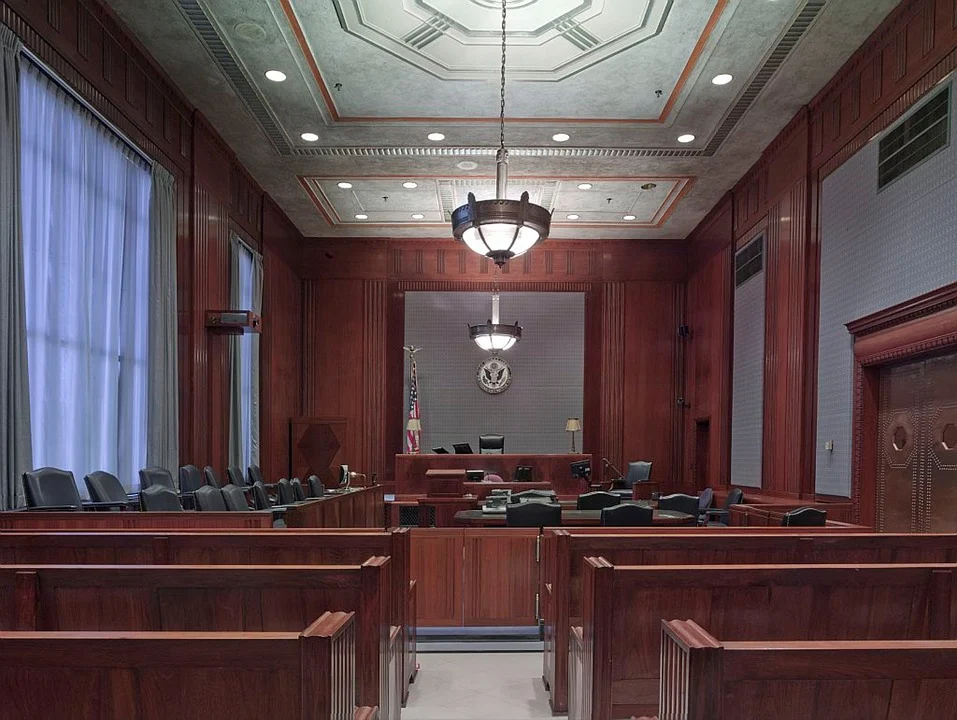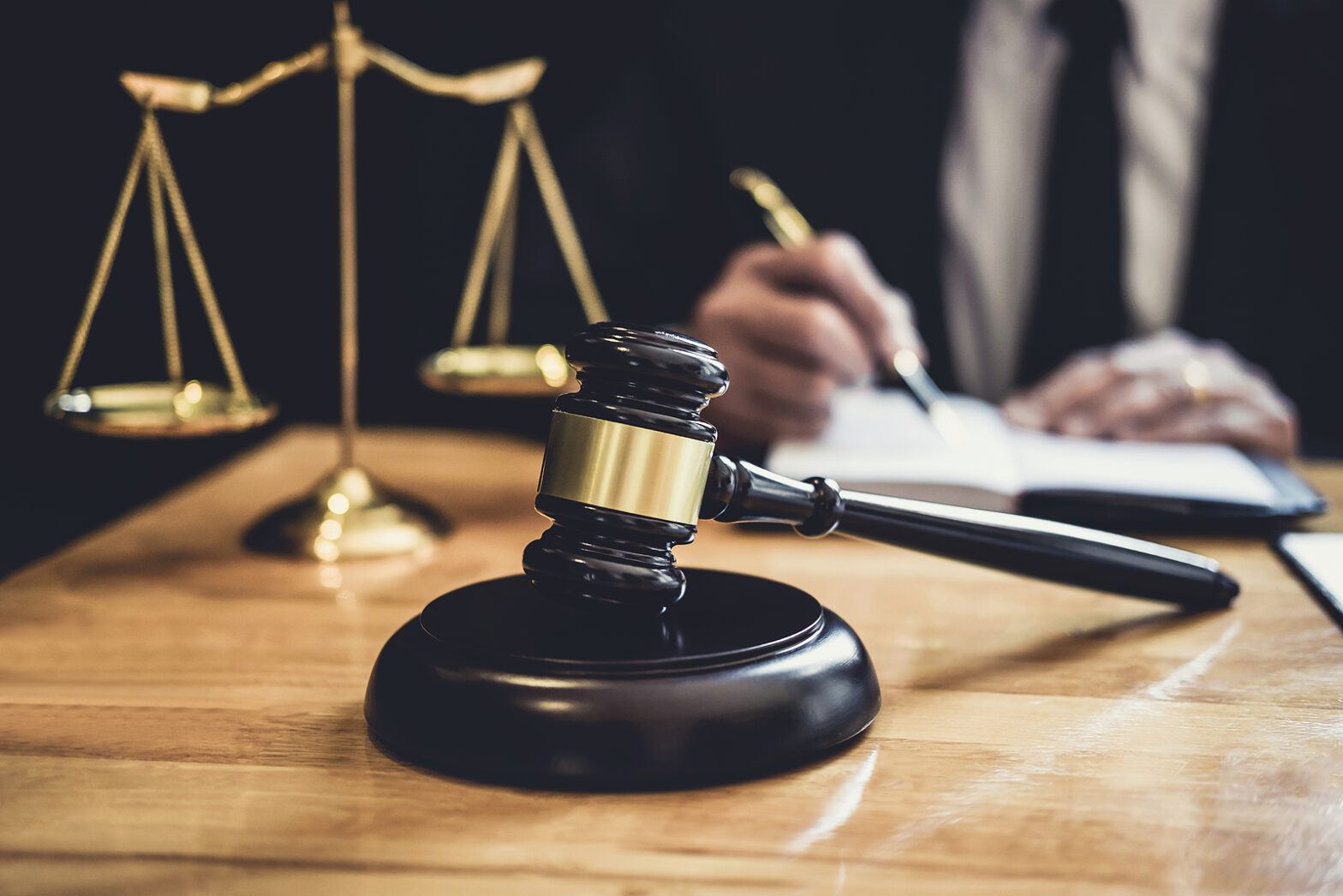People v. Phillips (2022): Beware: Your Prior Arrests May Come Back To Haunt You?
The California Court of Appeals reviewed the issue of whether evidence from a defendant’s prior involvement in a similar crime may be used to convict that same defendant for a different crime that has comparable facts.
In 2017, a 75-year-old man named James Sheahan was found dead in his own apartment. Two apartment windows were open and one of the windows led to a fire escape. A suspect by the name of Michael Phillips was a “friend” of Sheahan’s and had a key to the apartment where the crime occurred. In 2018, Phillips was charged with first-degree murder, mayhem, abuse of an elder with great bodily injury, first-degree robbery and burglary, fraud on an elder, possession of fraudulent financial documents, and theft of an access card. Phillips was convicted and sentenced to life in prison without parole.
Can the Prosecution Rely on Evidence From a Prior Uncharged Crime to Convict You?
At trial, the prosecution relied on evidence of a prior uncharged burglary that occurred in 2014 to show Phillips’s mental state and to support an inference of a common connection between the current case and the prior case. The crime from 2014 involved a burglary that had similar facts to the current case. Both the burglary murder and the prior burglary were from the apartments of victims who suffered terminal cancer. In addition, Phillips had access to the inside of both apartments, staged random burglaries by opening windows leading to fire escapes, claimed what he took had been gifts from the victims, took money or valuable items that could be easily sold, and the victim’s personal identification that was later found in Phillips possession. As you can see each crime, even though one is for burglary and one is for murder, have similar circumstances and evidence to link both crimes to one individual.
During the trial, the judge allowed the jury to hear evidence from the 2014 incident under California Evidence Code section 1101. As a general rule, evidence of a person’s character, including his prior conduct, is not allowed to prove his tendency to commit a crime which he is charged with. However, there are exceptions for certain kinds of cases. Phillips’ defense attorney argued that the trial court’s judge made a mistake by allowing the jury to hear evidence of his uncharged burglary and theft from 2014. The defense claimed that it was too far remote in time to allow the jury to hear it and would be extremely prejudicial, as it would motivate the jury to make a decision in an illogical way. The court disagreed with Phillips and found the prior incident sufficiently similar in nature to show a “common plan and scheme” and allowed the jury to consider the prior crime, even though Phillips was not prosecuted for that crime. The jury was instructed that this type of evidence could be used only to show intent, knowledge, and common plan or scheme, and not for any other purpose. In other words, the evidence the prosecution used from the prior burglary could only be used to show Phillips intended to take Sheahan’s property, knew he lacked Sheahan’s consent to take the property, and had a plan or scheme to commit burglary or larceny. The trial court further instructed the jury that they could only consider the evidence if the prosecution had proved by a preponderance of the evidence, which means more likely than not, that Phillips in fact committed the uncharged offense. If the prosecution has not met this burden, then you must disregard this evidence entirely. The evidence of the uncharged burglary is likely the reason the jury found Phillips guilty of the crimes charged.
Contact an Experienced Wallin & Klarich Lawyer Today
Prosecutors can seem very convincing to members of the jury and due to the fact evidence from a defendant’s prior crimes may be used to prove guilt in a current similar case, it is important that you find an experienced defense attorney who knows how to help. Wallin & Klarich has over 40 years of experience researching the law and knows what evidence can and cannot be used in trial. We have successfully defended thousands of people who were accused of crimes and communicated with them throughout the entire process. We have a number of offices located throughout Southern California and we can help you if you or a loved one is facing a serious criminal charge.
With offices in Orange County, Riverside, San Bernardino, Victorville, West Covina, Torrance, Los Angeles, and San Diego, there is an experienced Wallin & Klarich criminal defense lawyer available near you who can aggressively defend you from criminal charges and do all we can to keep you free of custody.
Please contact us at (877) 4-NO-JAIL or (714)587-4068 for a free phone consultation. We will be there when you call.


